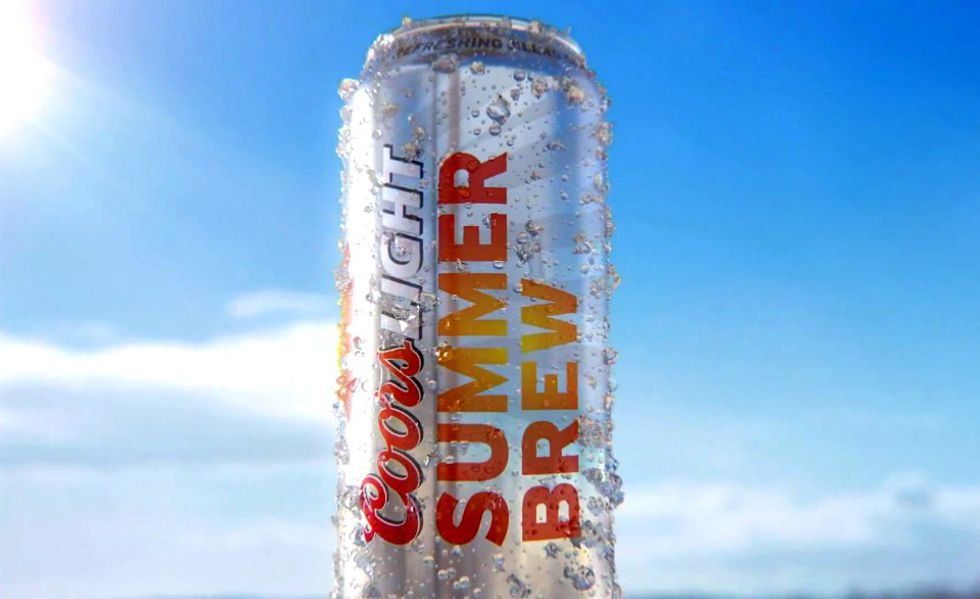Many rock bands have a reputation for high volumes. Some may even consider it their defining characteristic. Various bands in rock history have used high volumes to ensnare fans, including Deep Purple, The Who, and Black Sabbath—and it works.
Concerts are a wonderful experience for musicians and concertgoers. However, when volume levels reaching 130 decibels, both hearing loss and tinnitus can occur. Above 85 decibels, hearing loss is possible. Lovers of rock music should consider taking a hearing test, as often as feasible, to address any hearing issues before they worsen.
Understanding Hearing Loss
We hear when sound waves hitting our eardrums cause them to vibrate, a sensation we perceive as sound. The ear is divided into three areas—the visible outer ear is responsible for directing sounds to our inner ear.
The middle ear has tiny bones that receive sound from the eardrums and amplify them before sending them onwards. The internal ear converts sound vibrations into electrical signals for interpretation by the brain.
Loss of hearing is a decrease in the ability of the ears to detect or hear noise around them. Loud music, especially in rock concerts, can damage parts of your inner ear leading to temporary hearing loss, permanent hearing loss, and damage to the nervous system.
Temporary Hearing Loss
"For any musician to lose their hearing, it feels like amputating a hand," Steve Lukather, Toto. Noise-induced hearing or temporary hearing loss is a result of continuous exposure to loud music. Hearing Loss can affect one or both ears and can be hard to detect until it becomes permanent.
Noise above 85 decibels (DB) can lead to temporary hearing loss, and gym workout sounds can hit over 100 DB while rock concerts exceed 115 DB. After leaving a loud rock concert, people usually experience ringing of the ears, muffled sound, and an inability to hear faint sounds; this condition usually lasts for a few hours or a few days (Loud Noise).
Hair cells inside the ears bend a lot when subjected to loud music. They regain their upright shape after the loud noise decreases. This exertion is a recipe for hearing loss.
Brian Johnson of the rock group AC/DC was diagnosed with hearing problems in 2016. Doctors cautioned that he faced permanent hearing loss if he continued with tour performances.
Permanent Hearing Loss
Continuous damage to vital parts of the ears might cause deafness or tinnitus (a condition that causes a constant ringing of the ear). Especially vulnerable are teenagers who use headphones to listen to metallic rock at extremely high volume. Exposure to high decibels of sounds at rock concerts can also lead to irreversible ear damage and loss of hearing.
Continuous loud music usually overworks sensitive hair cells located in the inner ear, and slowly but steadily, the hair cells begin to die off if the trend continues.
The cochlea contains about 16000 hair cells, of which 30-50% can die and remain undetected by hearing tests. The earliest diagnosis of this damage usually comes too late when most hair cells are irreversibly damaged.
Neil Young, a musician, and songwriter avers that his music career in the '90s damaged his ears, and he now suffers from tinnitus.
Damage to the Nervous system
Loud rock music above 110 decibels can affect listeners' nervous systems. This happens when loud music destroys the protective cautions of the ears. When the protective layers are damaged, the transmission of nerve signals between the brain and the ears is disrupted, and a person's ability to hear is permanently done.
Safe Listening Habits
When you hear good music, you may be tempted toturn up the volume to ear-piercing levels. Using loud headphones can result in damage to the inner workings of the inner ear. Therefore, it is imperative to be cautious while enjoying your music to prevent permanent hearing loss.
Never tune your headphones at above 60% volume: 15 minutes of sound played at 100 decibels from a music player is sufficient to cause hearing damage (The National Campaign). Your music volume should never exceed 60% volume.
Never listen to music for more than 1 hour a day: Though high decibels of over 114 decibels can damage the eardrums in a matter of minutes, listening to music at a constant 80 DB continuously over a few hours can equally lead to war damage.
Invest in Background Noise Cancelling Headphones: These excellent pieces of equipment are great at reducing environmental sounds enabling you to hear crisp, clear sounds from your music player. Cushioned music players are also perfect for lowering background clutter allowing you to enjoy serene sounds without turning the volume.
Use earplugs: It is advisable to use earplugs when you go to loud concerts or noisy factories.
Over the ear Headphones: Over the ear, Headphones sit right outside the ear canal entry and shoot sound waves directly into your eardrums over the ear. Continuous, direct sound waves can damage your hearing ability over time.
Avoid turning up headphones in loud places: The temptation to turn up the volume in noisy places is a crucial cause of hearing problems. Wait until you leave the loud environment, and you can safely listen to your music.
Regularly consult a specialist. Regular screenings of your ears can bud hearing problems in their infant stages before they become too serious about treating.
In conclusion, rock music as a genre of sound involves playing electric instruments at extremely high volume (over 100 DB), a leading cause of temporal hearing damage, permanent hearing damage, and damage to the nervous system.
Many current and former rock musicians and listeners of metallic rock have reported suffering from various stages of hearing loss, including tinnitus and nerve damage. It is advisable to take precautionary measures when listening to loud music to avoid ear damage. Action like using headphones at low volumes and using earplugs can protect your hearing in the long term.
- When And When Not To GoFundMe ›
- Why More People Should Learn Sign Language ›
- Imagine A World Without Sound ›
- The Odyssey News | ›
- I Love Being Home For Summer But I Miss My College Town ›
- Ways to help you make a statement during fundraising ›
- Business | The Odyssey News ›
- How to Get Rid of Credit Card Debt Legally ›
- Designing Home Doesn't Have To Be Hard: Read These 9 Tips ›
- What is the work of an influencer marketing agency? | The Odyssey ... ›














 Photo by
Photo by  Photo by
Photo by  Photo by
Photo by  Photo by
Photo by  Photo by
Photo by  Photo by
Photo by  Photo by
Photo by 


 File:Hampton Beach, New Hampshire - low tide - panoramio.jpg ...
File:Hampton Beach, New Hampshire - low tide - panoramio.jpg ... fire on fire pit during night time
Photo by
fire on fire pit during night time
Photo by  Free Images : american lobster, dish, new england clam bake ...
Free Images : american lobster, dish, new england clam bake ... vanilla flavor ice cream with chocolate syrup
Photo by
vanilla flavor ice cream with chocolate syrup
Photo by  File:Celebrity Silhouette (ship, 2011) 002.jpg - Wikimedia Commons
File:Celebrity Silhouette (ship, 2011) 002.jpg - Wikimedia Commons








